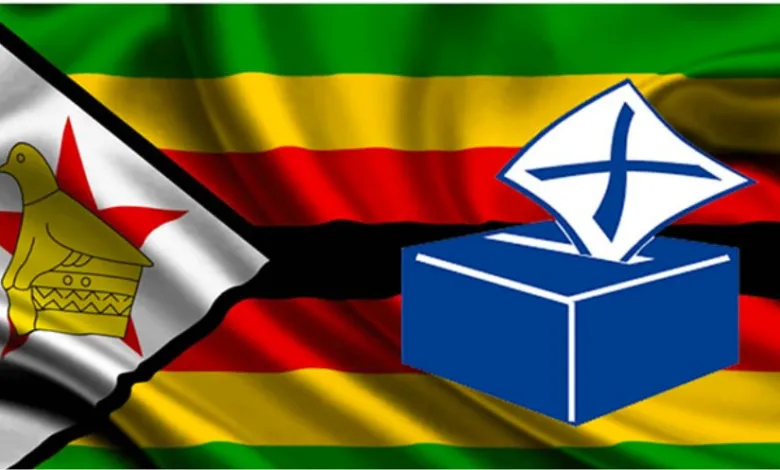
WHEREAS those inclined to fundamentals advocate for a deeper analysis of company earnings before making investments decisions, another set of market watchers have long stood firm in favour of trend analysis.
A trend analysis is a technique used to examine and predict movements based on patterns of past movement. As we approach the harmonised elections (where voters elect three candidates — presidential, House of Assembly and council), it is imperative for stakeholders to examine the trend of stock market performances in the previous election year to predict with a degree of precision the possible outcomes.
The immediate past election was held in July of 2018, and it was highly contested and violent too, which has grown common in Zimbabwe. Before and at the time of elections, the country was using a multi-currency regime, with the United States dollar being the dominant currency.
This led to sluggish economic growth, and the stock market, while on the upside, the stock market served as a safe haven to investors.
However, following the introduction of the bond note in the market, which led to high fears of inflation as the exchange rate started depreciating in 2017, the Zimbabwe Stock Exchange (ZSE) grew by a staggering 130% in USD terms.
In the months that followed in 2018, profit-taking induced sell-offs saw the market shedding value in the first quarter of the year. Additionally, prior to the elections, uncertainty kicked in the markets earlier than anticipated, and resulted in a bloodbath in the first quarter as investors liquidated portfolios for other low liquid and less regulated investment vehicles ahead of the elections.
In January of 2018, the ZSE dipped by -8%, followed by -4% and -1% in February and March, respectively. However, fears of inflation and other macro-economic challenges became stronger by day as the government tried every policy to lure support.
This then led to a stronger investor appetite for a safe haven, which traditionally had been the stock market. The ZSE revamped in April and had grown by 48% by the end of the year.
- Mayhem as schools reject Zimdollar fees
- Forex demand continues to fall
- Stop clinging to decaying state firms
- Prices continue to skyrocket
Keep Reading
Despite a growing need for value preservation, the ZSE recorded slowed down in 2018 in response to the new developments emanating from the political environment, which included economic policies from the new government.
Post the elections, the market was mainly driven by inflation fears, which saw the annual return expanding in 2019 to 57%, from the 48% recorded in 2018.
In 2020, the market rose by over 1000% in nominal terms due to inflation and uncertainty. Fast forward to 2023, as the nation braces for another run at presidential elections, uncertainty continues to roam the economy. In 2022, the nation recorded the highest record of inflation in the world. This has led to an undervaluation of most asset classes including stocks.
As opposed in 2018, the first quarter of 2023 has seen a positive growth of the ZSE in both nominal terms and real terms. This has been driven by a couple of factors which include market correction following the partial loosening of the contractionary monetary policy, as well as value preservation amid continued worries of a sustained inflation growth in the medium term.
With respect to the coming elections, it is important to examine the levels of expectation in the two different election periods. The high uncertainty levels in 2018 which saw a slow-down on the stock market emanated from an election result that was highly debated in the cities where most financial markets investors are packed.
In 2023, the atmosphere is different as the uncertainty index is significantly lower than the comparative year. This narrows down the magnitude of market movement driven by election results. A bloodbath may be driven by pessimistic investors as fears of social unrest may impact intrinsic values of stocks, but the rate at which election results will affect the stock market is significantly low.
- Duma is a financial analyst and accountant at Equity Axis, a leading media and financial research firm in Zimbabwe. — twdumah@gmail.com or tinashed@equityaxis.com, Twitter: TWDuma_






